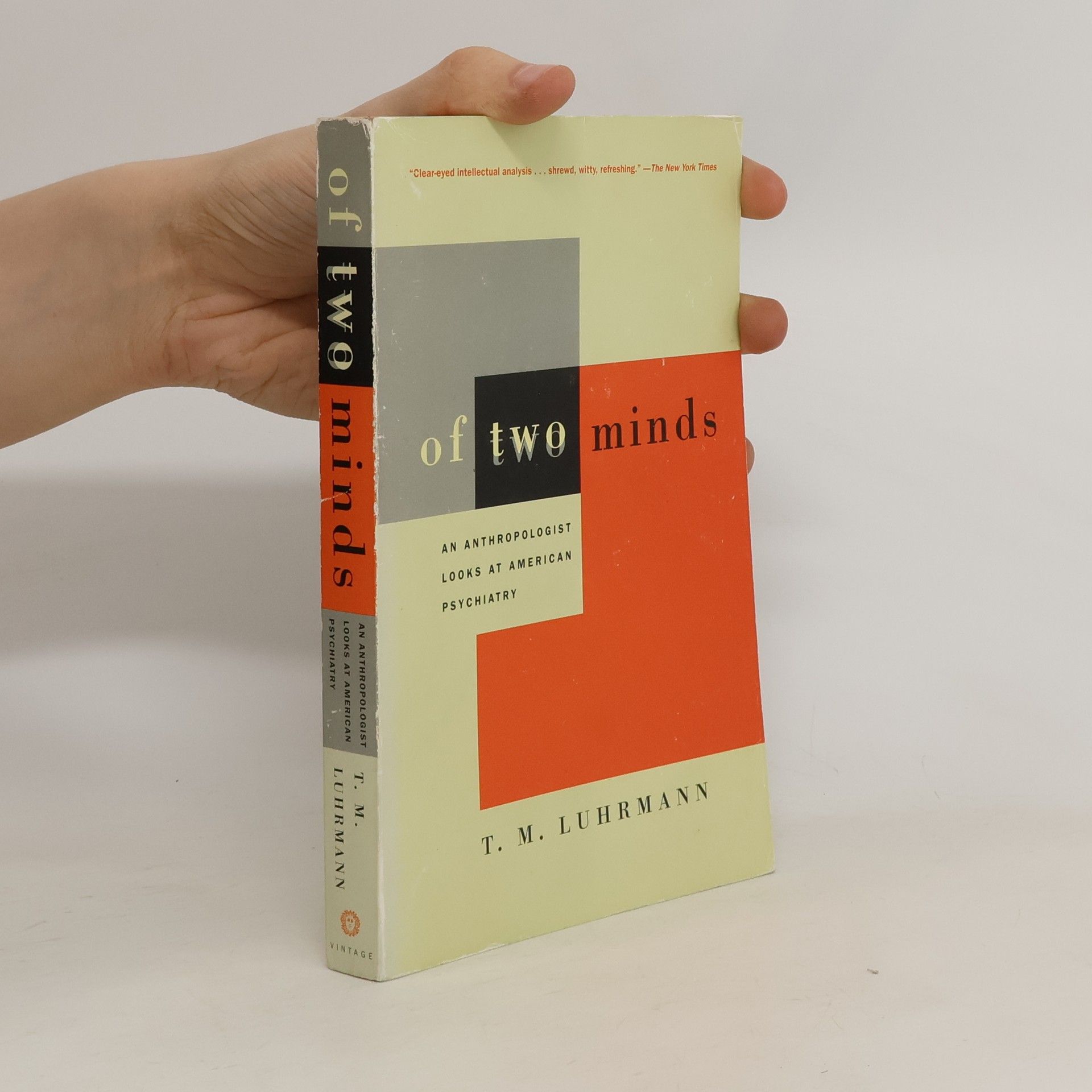How do gods and spirits feel vividly real to people? The cognitive science of religion suggests that humans perceive supernatural agents everywhere, yet maintaining a belief in caring, invisible spirits is challenging. T. M. Luhrmann, an acclaimed anthropologist and scholar of religion, argues that individuals must exert significant effort to make gods real. This effort transforms them and provides the benefits they seek from these unseen entities, explaining the enduring power of faith. Through ethnographic studies of various groups, including evangelical Christians, pagans, magicians, Zoroastrians, Black Catholics, Santeria initiates, and newly orthodox Jews, Luhrmann reveals that worshippers actively create a world where invisible others are significant and can feel intensely present. They achieve this through storytelling, absorption, cultivating inner senses, believing in a porous mind, strong sensory experiences, prayer, and other practices. Luhrmann explores why faith is more complex than mere belief, likening prayer to a therapeutic activity, and comparing the experience of becoming religious to getting engrossed in a book. This insightful account highlights that religious practices wield greater power than beliefs, suggesting that faith endures not because it offers intuitions about the divine, but because it profoundly transforms the faithful.
Tanya Luhrmann Reihenfolge der Bücher (Chronologisch)
Tanya Marie Luhrmann taucht durch die Linse der Anthropologie in die Komplexität moderner Erfahrungen ein. Ihre Arbeit untersucht, wie Individuen spirituelle und psychologische Realitäten wahrnehmen und sich damit auseinandersetzen, und analysiert, wie Praktiken wie Magie durch gelebte Erfahrung als vernünftig erscheinen. Luhrmann bietet tiefgründige Einblicke in die Sozialpsychologie von Gemeinschaften im Wandel und in das komplexe Verhältnis zwischen biomedizinischen und psychodynamischen Modellen des Geistes. Ihre Forschung beleuchtet die Wege, auf denen Menschen ihr Weltverständnis konstruieren und sich mit dem Göttlichen verbinden.


Of Two Minds
- 352 Seiten
- 13 Lesestunden
With sharp and soulful insight, T. M. Luhrmann examines the world of psychiatry, a profession which today is facing some of its greatest challenges from within and without, as it continues to offer hope to many.At a time when mood-altering drugs have revolutionized the treatment of the mentally ill and HMO’s are forcing caregivers to take the pharmacological route over the talking cure, Luhrmann places us at the heart of the matter and allows us to see exactly what is at stake. Based on extensive interviews with patients and doctors, as well as investigative fieldwork in residence programs, private psychiatric hospitals, and state hospitals, Luhrmann’s groundbreaking book shows us how psychiatrists develop and how the enormous ambiguities in the field affect its practitioners and patients.